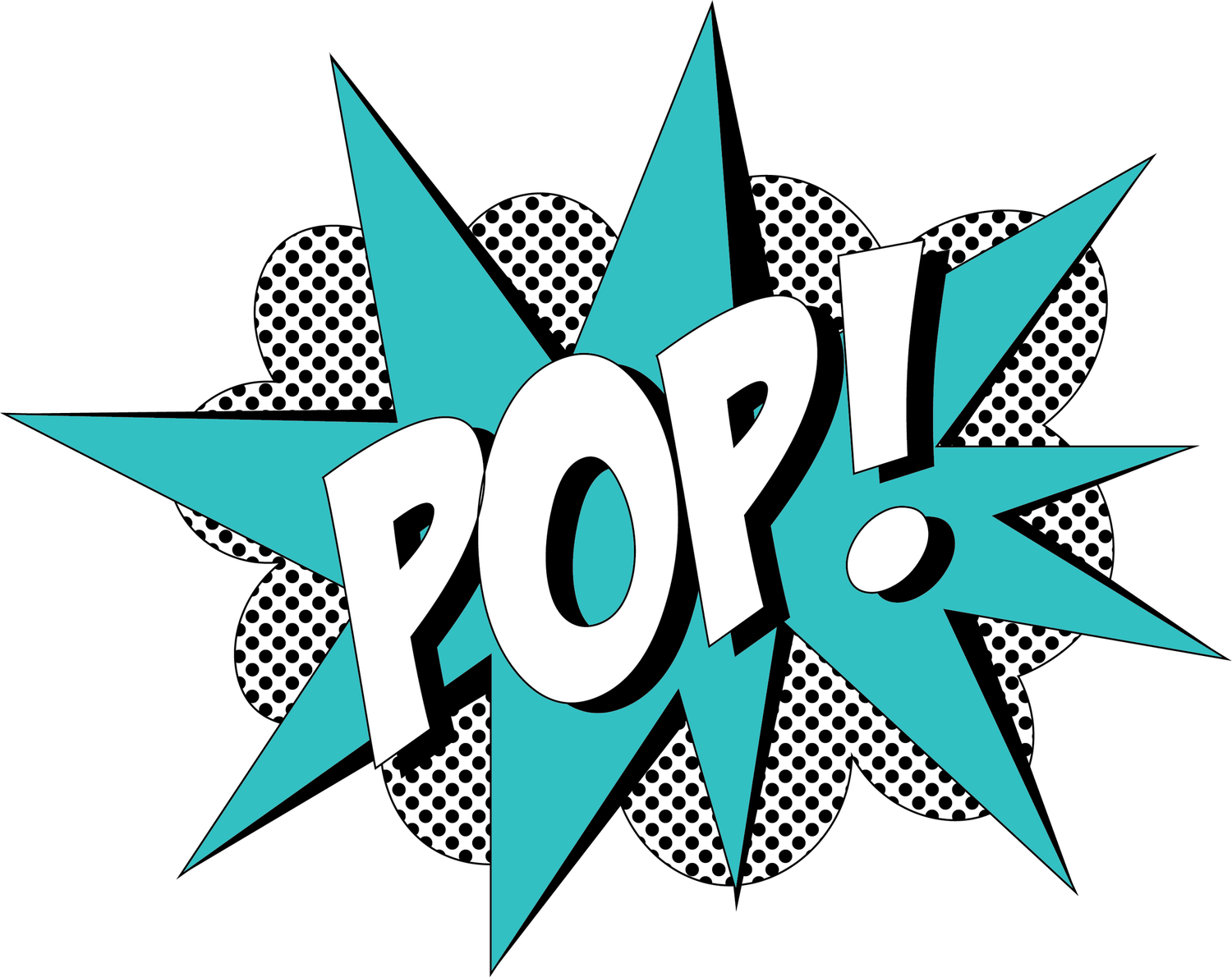What is POP?
POP is a growing community of patients living with rare and/or chronic illnesses who also identify as living with Medical PTSD brought on by Medical Trauma. I host biweekly discussions on a range of topics related to Medical PTSD, such as trusting friends and family, medical gaslighting, validation of the struggle of illness, etc. over Zoom. All are welcome to come! Groups are not recorded for any reason. Simply hop over to the discussions page, find an topics that interests you, and save the zoom information!
What is Medical PTSD?
As of right now, there is very little published research on the Medical PTSD I’m proposing exists. I’m thrilled to say that there are patient published articles on various forms, including a medical journal (!!), on Medical PTSD. So in terms of working from the ground up, my definition of Medical PTSD “is a disorder in which a person struggles recovering from either experiencing or witnessing a terrifying medical event. Such events can range for medical interventions required for survival to communication errors between patients and providers.” One can experience symptoms of Medical Post Traumatic Stress without having Post Traumatic Stress Disorder.
Ok, but what is Medical Gaslighting?
Fortunately, there are a ton of more patient written articles on Medical Gaslighting than Medical PTSD. Unfortunately, that means that it is a pretty common experience for patients. I particularly like the way Health.com define Medical Gaslighting. “Medical gaslighting happens when health-care professionals downplay or blow off symptoms you know you're feeling and instead try to convince you they're caused by something else—or even that you're imagining them.”
Annnnnd what is Medical Trauma?
Medical trauma is defined as a set of psychological and physiological responses to pain, injury, serious illness, medical procedures and frightening treatment experiences. Prolonged and repetitive medical trauma can lead to developing Medical PTSD. For many frequent fliers (or as I say, patients who are back by popular demand), prolonged hospitalizations and/or repeated negative or triggering provider interactions can become the foundation of Medical PTSD.
How do I know if I have Medical PTSD?
Do you feel significantly more anxious at even the thought of going into the hospital? Even for a clinic appointment? Do you feel strung tight during appointments while simultaneously feeling out of control? Do you feel extreme anger or sadness almost out of no where? After reading “The Body Keeps The Score” and other literature, this is how I came to realize my own Medical PTSD but everyone is different. Symptoms may or may not include nightmares or unwanted memories of a specific medical trauma, avoidance of situations that bring back memories of the trauma, heightened reactions, anxiety, or depressed mood. I highly suggest you reach out to a licensed behavioral health practitioner if you are seeking a proper diagnosis. Please know that POP! is open to everyone who, with or without a diagnosis.
Do I need to have a formal PTSD diagnosis to participant?
Absolutely not! It can be quite hard to be seen by a behavioral health professional to receive a diagnosis and in addition to this specialty physicians are hesitant to diagnose as well. Only you know how to are feeling in different situation with varying factors. If you identify as living with Medical PTSD than who is there to judge?
I’m seeing a lot of water themes? What’s with that?
Water is fluid, constantly changing from rough rapids to relaxed tides. I see the same in both my own experiences with chronic illness and my Medical PTSD. There are good days and there are bad days, bright days and dim days. I use this theme as a reminder for the dim days, that this too shall pass into calmer waters. Enjoy those breezy days as they come.
Ok, I’m in, how do I get involved?
Excellent! Feel free to attend any and all discussion groups! They are not recorded and no registration is necessary. Share as much or as little as you want. Feel free to pop in and just listen if you like, or if you’d like a one-on-one “hello, how are you?” with me to learn more about POP then shot me a message on the “Get Involved” Page! And that goes the same for you clinicians out there! Shoot me a message if you want to get involved too!

